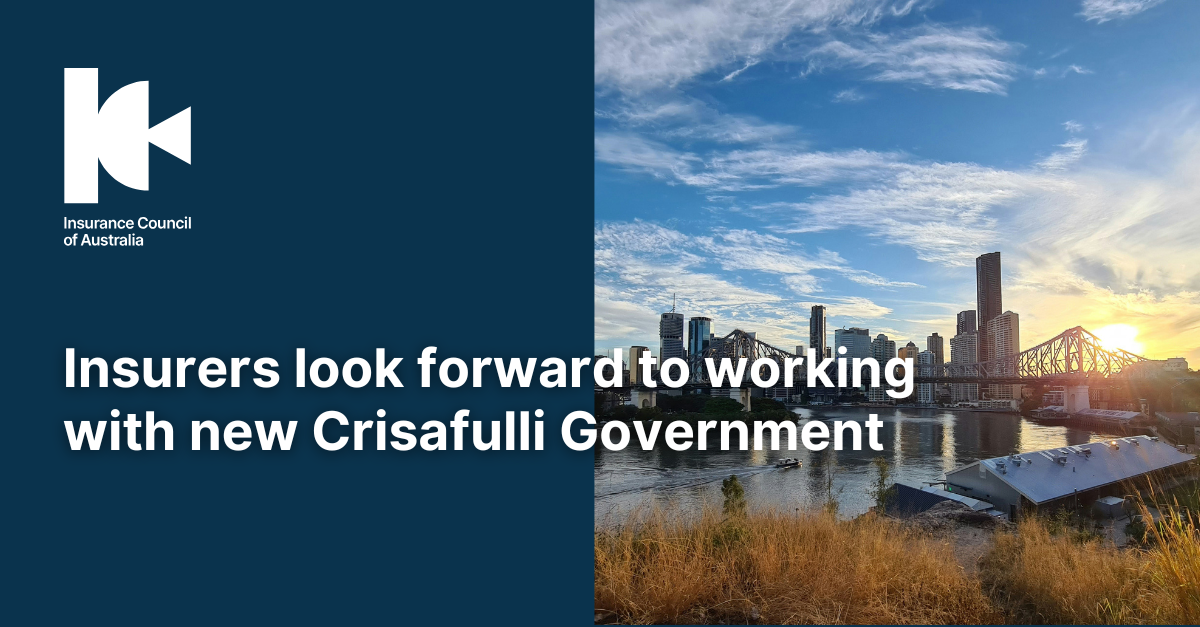Home Affordability
Insurers call for coordinated approach to pave the future for strata insurance sector

News release
Thursday, 28 November 2024
The insurance industry has made 17 recommendations to help improve outcomes for consumers in strata complexes in a policy paper released by the Insurance Council of Australia (ICA) today.
The paper, Improving consumer outcomes for strata communities, details the state-of-play in the strata insurance market in Australia, including expert analysis on the complexities and risks across the
sector.
Like many other insurance lines, the cost of strata insurance has been rising due to inflationary pressures on cost of repair and building supplies, rising reinsurance costs due to significant insurance losses and more frequent extreme weather events.
Recommendations in the policy paper look at ways insurance affordability can be addressed and owners’ corporations can be supported to deliver better outcomes for their strata communities, alongside the need for building risk mitigation, consumer education and fee transparency across the sector.
The recommendations outlined in the report encourage a coordinated effort by all levels of government as well as stakeholders across the strata value chain, including brokers, construction and strata management.
The recommendations to government include:
- uplifting education requirements for strata managers and providing educational opportunities for owners’ corporation members;
- implementing controls to ensure disclosure and transparency of fees and service supplier relationships;
- appropriate land-use planning and release at local government level, so that buildings are built out of harm's way;
- uplifting the national building code to embed resilience as a core principle, as well as enhancing mitigation and resilience investment, to ensure strata buildings are resilient to current and future extreme weather conditions;
- improving design and construction compliance in each State and Territory; and
- enforcing appropriate maintenance regimes, which are agreed upon and delivered by the owners’ corporation and coordinated by strata managers.
It is important that work commences to de-risk the strata sector now to help lower the insurance claims costs associated with building repairs and rebuilds, and to help stabilise the cost of insurance over time for consumers.
Strata insurance policies can be purchased directly from insurers or via brokers or underwriting agents.
The Insurance Council welcomes new laws that have already been announced relating to strata insurance, including:
- a new requirement to receive consent from the Retail Client before receiving commissions under the Corporations Act 2001 that comes into effect in July 2025; and
- the expansion of disclosure requirements for strata managers in New South Wales, seeking to improve existing disclosure of commissions in relation to strata insurance and the owners’ corporation’s awareness of such costs, commencing in February 2025.
Insurers are committed to leveraging their knowledge and experience to support improved consumer outcomes, transparency and disclosure in the strata sector.
Quotes attributable to Andrew Hall, CEO, Insurance Council of Australia:
As one of the largest mandatory insurance sectors in the country, it’s important that strata is managed properly for consumers.
The Insurance Council acknowledges recent public interest in the disclosure practices and potential conflicts of interest associated with payments received by brokers and/or strata managers through the placement of insurance.
The industry also welcomes new commission disclosure laws which will come into effect next year and encourages governments to assess the outcomes of those laws before making further amendments.
The recommendations outlined in this policy paper have been developed in consultation with our members, and the industry looks forward to collaborating with our stakeholders to ensure a future with a resilient, efficient and strong strata sector.
A fact sheet on the strata policy paper can be found here.



